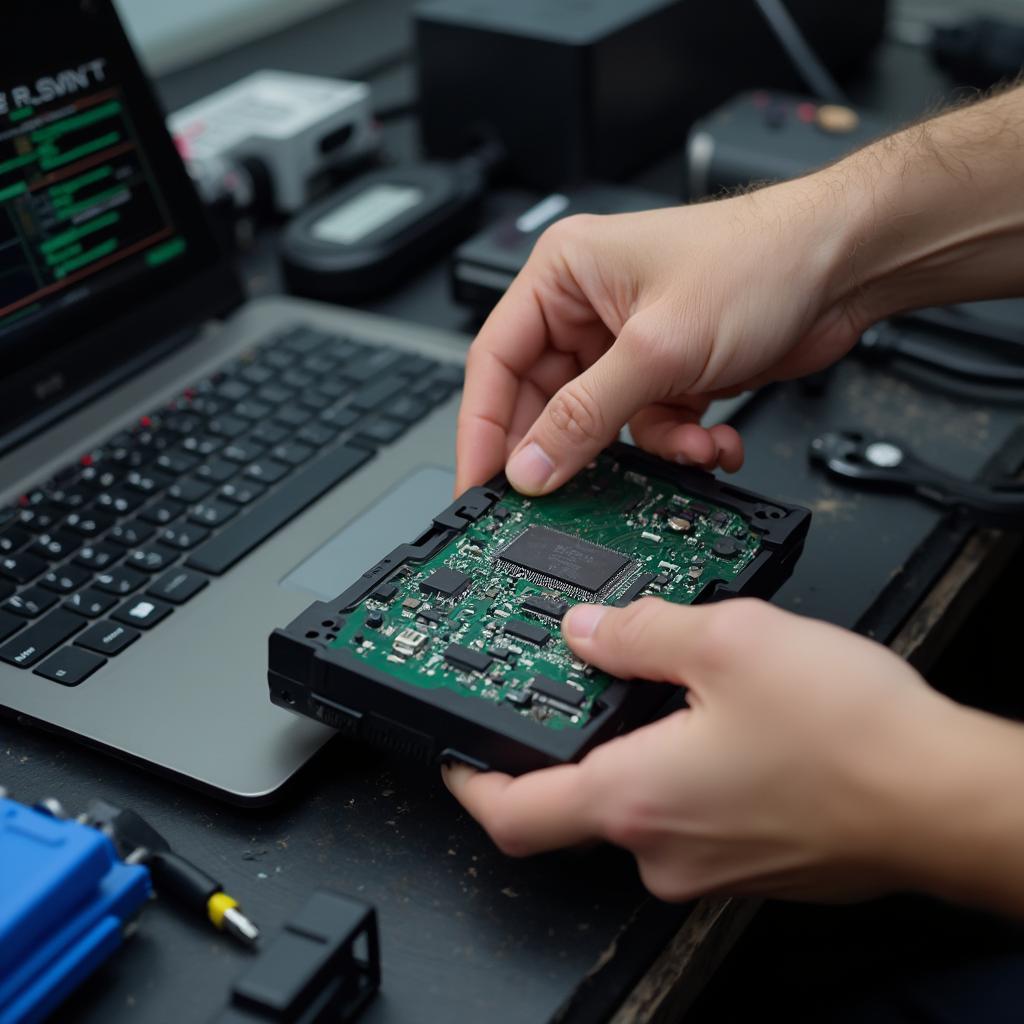Your cart is currently empty!

Tips for Getting Car Tuned: A Comprehensive Guide
Getting your car tuned can significantly impact its performance, fuel efficiency, and overall lifespan. Whether you’re seeking a boost in horsepower or aiming for better gas mileage, understanding the process and knowing the right tips can make all the difference. This guide will provide you with valuable insights into car tuning, helping you make informed decisions for your vehicle.
Understanding the Importance of Car Tuning
Tuning your car involves adjusting various engine parameters to optimize its performance for specific needs. This can range from adjusting fuel injection timing and air-fuel ratios to modifying ignition timing and boost pressure (for turbocharged or supercharged engines). Proper tuning can unlock hidden potential in your vehicle, leading to a more exhilarating driving experience. It also plays a crucial role in maintaining engine health and longevity.
A well-tuned engine burns fuel more efficiently, leading to improved gas mileage. This not only saves you money at the pump but also reduces your carbon footprint. For those seeking enhanced performance, tuning can unleash extra horsepower and torque, giving your car a noticeable boost in acceleration and responsiveness. Remember that modifications to your car’s performance can sometimes affect your insurance premiums, so it’s essential to consult your insurance provider before proceeding.
You can find more information on improving fuel efficiency in our article on mileage improvement tips for cars.
Choosing the Right Tuning Method for Your Car
Several car tuning methods are available, each with its advantages and disadvantages. Traditional methods involve physically adjusting mechanical components, while modern techniques utilize sophisticated software and electronic control units (ECUs). One common approach is chip tuning, which involves reprogramming the ECU to alter engine parameters. This method offers a relatively quick and cost-effective way to achieve noticeable performance gains.
Another approach is dyno tuning, which involves placing your car on a dynamometer to measure its power output and adjust the tune accordingly. Dyno tuning allows for precise adjustments tailored to your specific vehicle and driving conditions. Choosing the right tuning method depends on your budget, performance goals, and the type of vehicle you own. Consult with a reputable tuning specialist to determine the best approach for your car.
Tips for a Successful Car Tune-Up
Before getting your car tuned, it’s essential to ensure it’s in good mechanical condition. Address any existing issues, such as faulty spark plugs or a clogged air filter, as these can affect the tuning process and potentially lead to further problems. Researching and choosing a reputable tuning shop is crucial. Look for experienced technicians with a proven track record and positive customer reviews. Communicate your performance goals clearly to the tuner. Whether you prioritize fuel efficiency, increased horsepower, or a balance of both, ensuring they understand your expectations will lead to a more satisfactory outcome.
After the tuning process, it’s essential to monitor your car’s performance and be mindful of any unusual sounds or behavior. Regular maintenance is still crucial even after tuning, and following the recommended service intervals will help ensure your engine remains healthy and performs optimally. Remember that tuning can sometimes void your vehicle’s warranty, so it’s crucial to understand the implications before proceeding.
 Modern Car Engine ECU Chip Tuning
Modern Car Engine ECU Chip Tuning
What to Expect After Getting Your Car Tuned
A successful tune-up can bring numerous benefits, including improved acceleration, increased horsepower, enhanced fuel efficiency, and a more responsive throttle. However, it’s essential to have realistic expectations. The extent of the improvements will depend on various factors, including the type of vehicle, the tuning method used, and the quality of the tune itself.
“A well-executed tune can transform your driving experience,” says renowned automotive engineer, Dr. Emily Carter. “However, it’s not magic. The key is to find a skilled tuner who understands your car and your goals.”
Conclusion
Getting your car tuned can be a rewarding investment, offering a range of benefits from improved performance to better fuel economy. By understanding the process, following these Tips For Getting Car Tuned, and choosing a reputable tuning specialist, you can maximize the potential of your vehicle and enjoy a more enjoyable driving experience. Remember to consult with your insurance provider and be aware of any potential warranty implications before proceeding.
FAQs
- How much does car tuning cost? The cost can vary depending on the method and the extent of the modifications.
- Is car tuning safe for my engine? When done correctly by a qualified professional, tuning is generally safe.
- Will tuning void my car’s warranty? It depends on the specific terms of your warranty and the nature of the tuning.
- How often should I get my car tuned? This depends on your driving habits and the type of tuning.
- Can I tune my car myself? While possible, it’s generally recommended to seek professional assistance.
For further tips on enhancing your car’s performance, check out our articles on F1 Clash car tips and slot car rivals tips. Also, if you are looking for career mode advice, see NASCAR Heat 2 career mode tips site amp.reddit.com. We also have car driving tips in tamil language available.
When you need support, please contact us via WhatsApp: +1(641)206-8880, Email: [email protected]. Our customer service team is available 24/7.

Leave a Reply